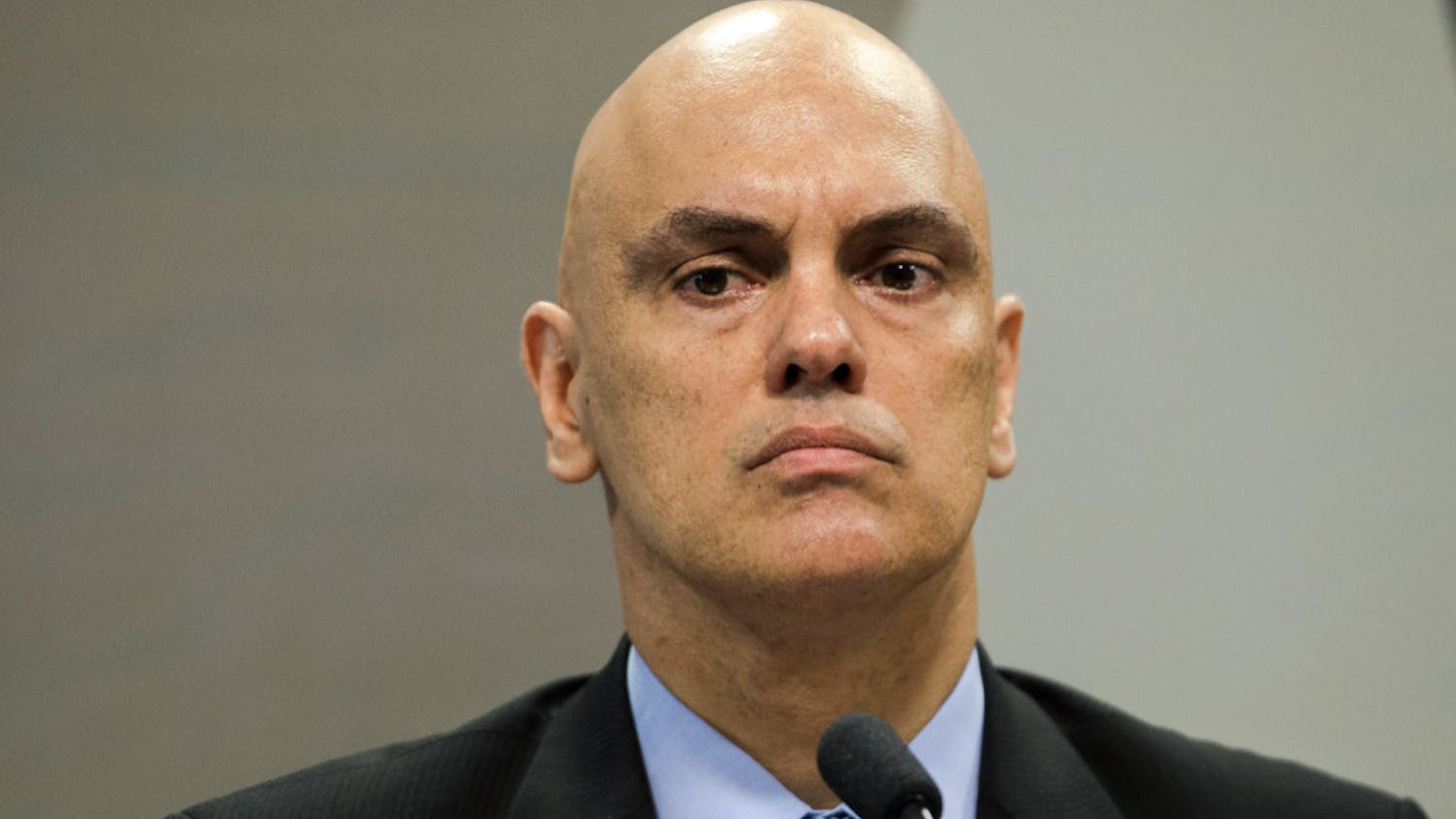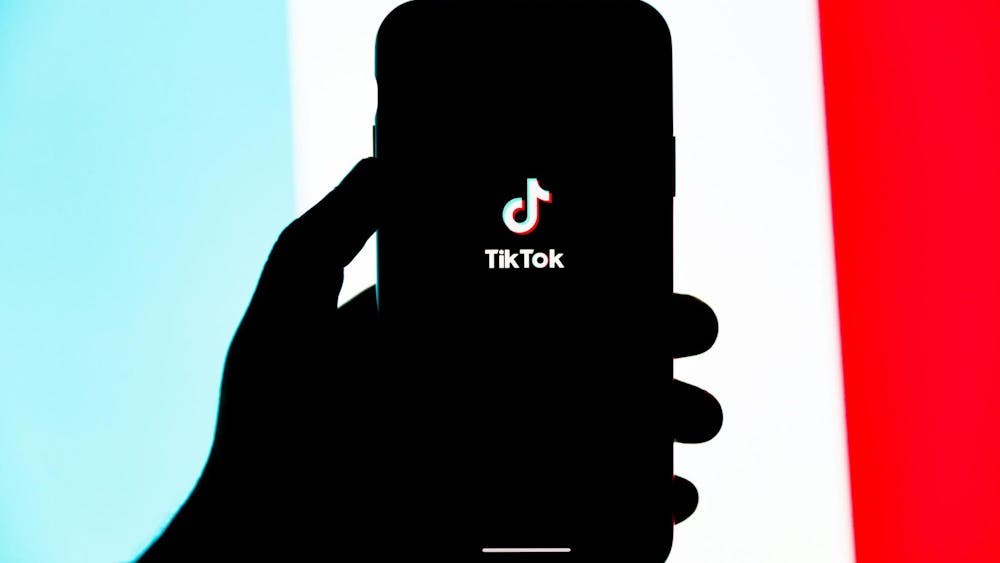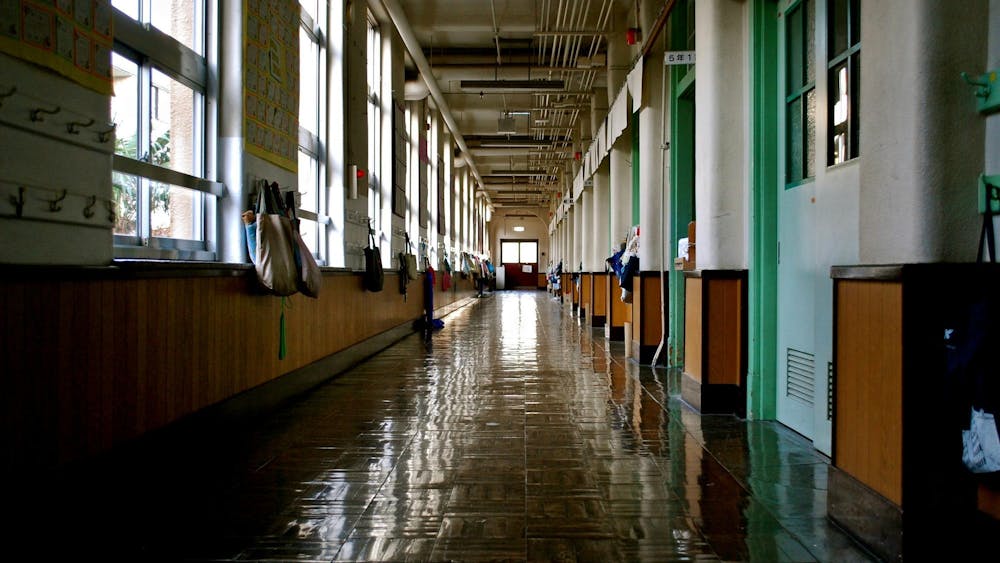Fifty years ago next Saturday, on October 13, 1962, President John F. Kennedy campaigned for Democratic candidates throughout Southwestern Pennsylvania. One of his stops, at my county courthouse, was located just a few miles from my home. With such a rare opportunity before us, naturally my father - an elementary school principal, first generation Italian-American, Catholic, World War II veteran educated through the GI Bill - dragged me to see the president. As an 11-year-old sixth grader, I was more interested in football on that sunny Saturday morning. However, little could I imagine at morning's start that I would ultimately be three feet from the president who spoke to me.
Kennedy's election was an important political milestone victory for Catholics, a time that also exposed me to my first experience of religious discrimination. Growing up, I heard my father share his stories of hostile heritage and religious hatred hurled at him in school and against my Italian immigrant grandparents in the workplace. While in fourth grade, during the Kennedy-Nixon campaign, my best friend - from a Protestant family - spewed nasty slurs at me he had heard from his parents about "those Catholics" like Kennedy and me. So I understood why my father dearly admired Kennedy who broke the political barriers for Catholics similarly to how Barack Obama shattered one for African-Americans in 2008.
Stepping back a half-century ago, our nation faced chaotic and challenging times that tugged the president's attention from one huge event to another at lightening speed. Amidst the pressures of the Oval Office that October weekend, Kennedy focused on the off-term election cycle when an incumbent president's party usually loses seats in Congress. Thus, Kennedy campaigned against congressional Republicans who were obstructing his legislative agenda.
When Kennedy spoke to us, he was wrestling behind the scenes with an international crisis trying to thwart the Soviet Union's installation of nuclear missiles in Cuba. On the home front, the president dealt with civil rights discrimination, specifically James Meredith's attempt to break the all-white discrimination that barred him from enrolling at the University of Mississippi. Kennedy mobilized federal forces by sending 170 marshals to escort Meredith to class. But on that October Saturday, I was concerned more about football.
Mid-morning we staked out a spot on the sidewalk and stood for two hours before the motorcade approached. My mind wondered but dismissed the possibility of snipers hiding under a porch with a latched wooden fence. It seemed like forever before the motorcade arrived and surprised me. As a boy, automobiles played a huge role in my life. So, I was shocked to see President Kennedy sitting on the trunk of a tan Chevrolet Impala convertible with his feet on the back seat. Where was that big black limousine I had seen on television? Yet within a minute, he passed. He had gone so quickly - in an Impala.
We tried to walk a block closer to where the president spoke on the courthouse steps. However, throngs of people clogged the streets, so we only heard half of his speech through the roaring cheers and blurred sound system. After speaking, Kennedy attended a luncheon at a hotel, so naturally much of the crowd went home. But my father led me to the alley behind the hotel where we again stood for another hour. Finally, the president mounted onto the Impala's trunk near us.
We leaned on a fence an arms-length from the president. Kennedy's rich chestnut auburn-colored hair moved in the wind. He nodded in recognition when my father said, "Hi Jack!" Then the president said to me, "Hello son," as his car began to roll towards the street. He waved at me first, then to the people at the end of the alley. As quickly as he arrived, he was gone.
Looking back on my day with President Kennedy - beyond my sore feet, sniper fantasies and the surprising Impala convertible - I note his message countering the Republican Party for acting as obstructionists against Kennedy's agenda. Ironically, it is not unlike today's campaign when he said, "As it has shown for 30 years, that every time we try to do something for jobs, and for security, and for education, the Republicans vote 'no,' the Democrats vote 'yes.'"
Kennedy continued, "We lost the medical care for the aged, as we lost the department of urban affairs, as we almost lost minimum wage, as we lost supplemental unemployment compensation, as we lost our agricultural bill, as we lost our higher education bill. Will you tell me what they are for?"
Kennedy concluded, "And I am proud to stand here, although I am not a candidate for office, and in all good faith ask you to give us some people who in 1963 and '64 will build a strong America upon which the world depends."
My day with JFK may sound like today, but it still seems like yesterday.
Gary Caruso, a 1973 graduate of Notre Dame, serves in the Department of Homeland Security and was a legislative and public affairs director at the U.S. House of Representatives and in President Clinton's administration. His column appears every other Friday. Contact him at:
GaryJCaruso@alumni.nd.edu
The views expressed in this column are those of the author and not necessarily those of The Observer.













